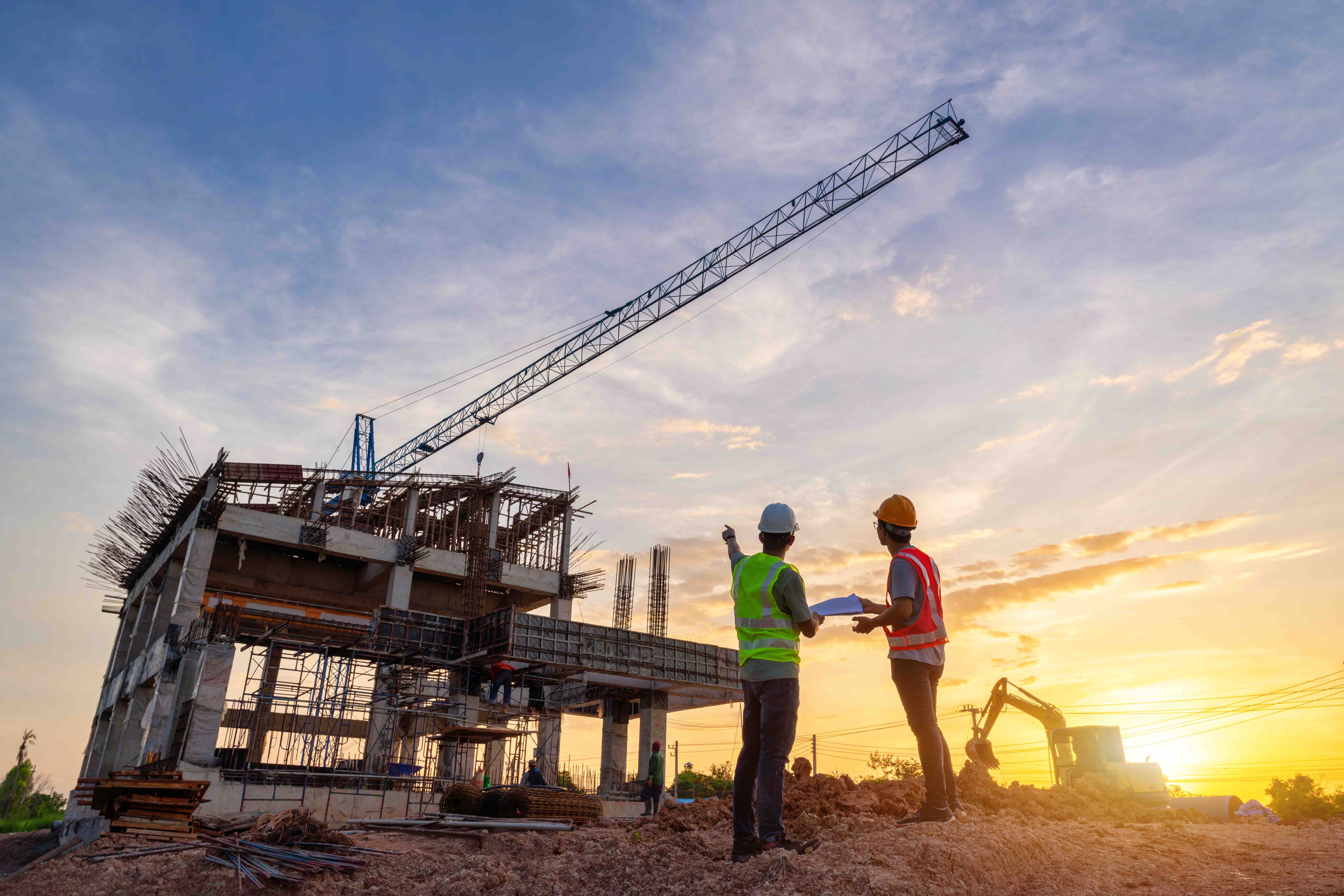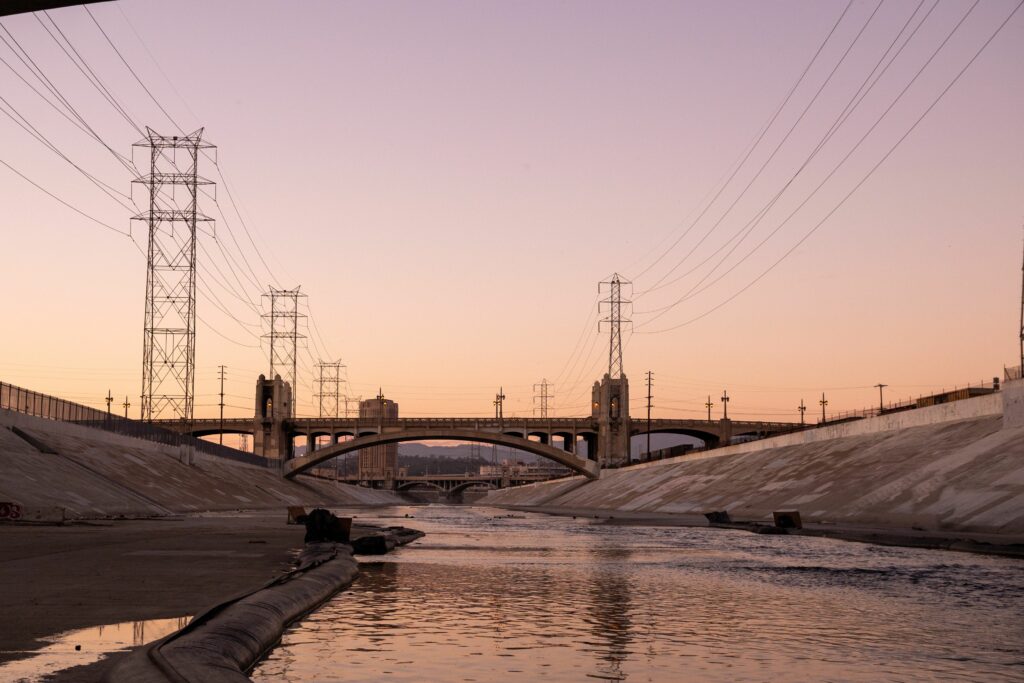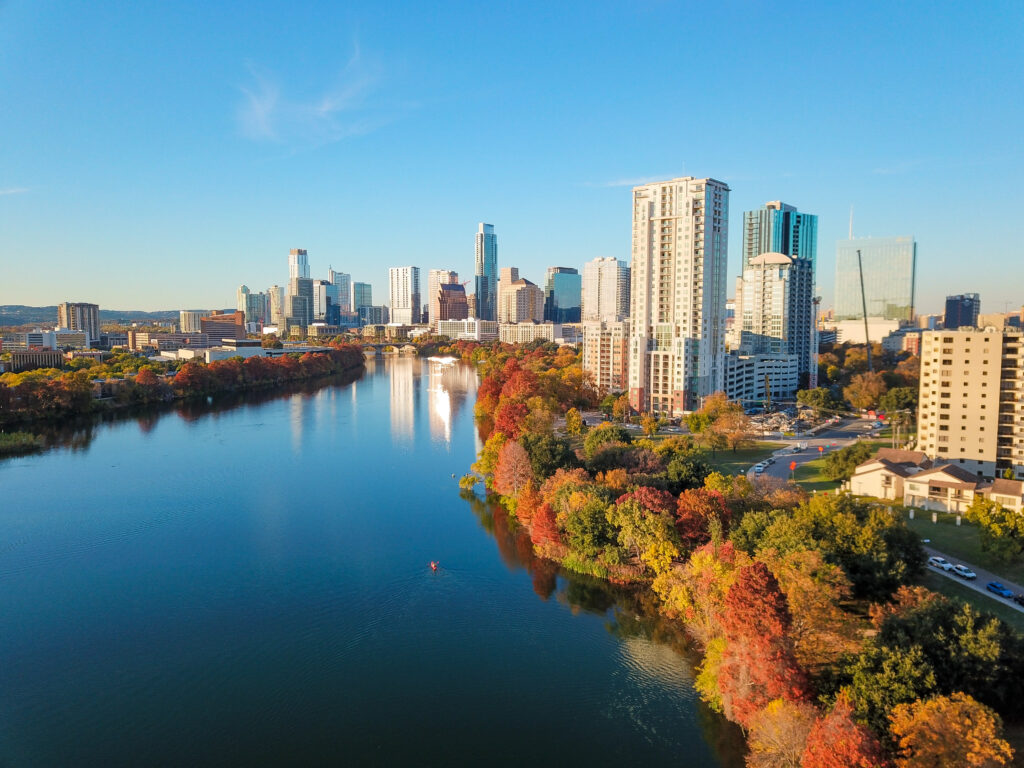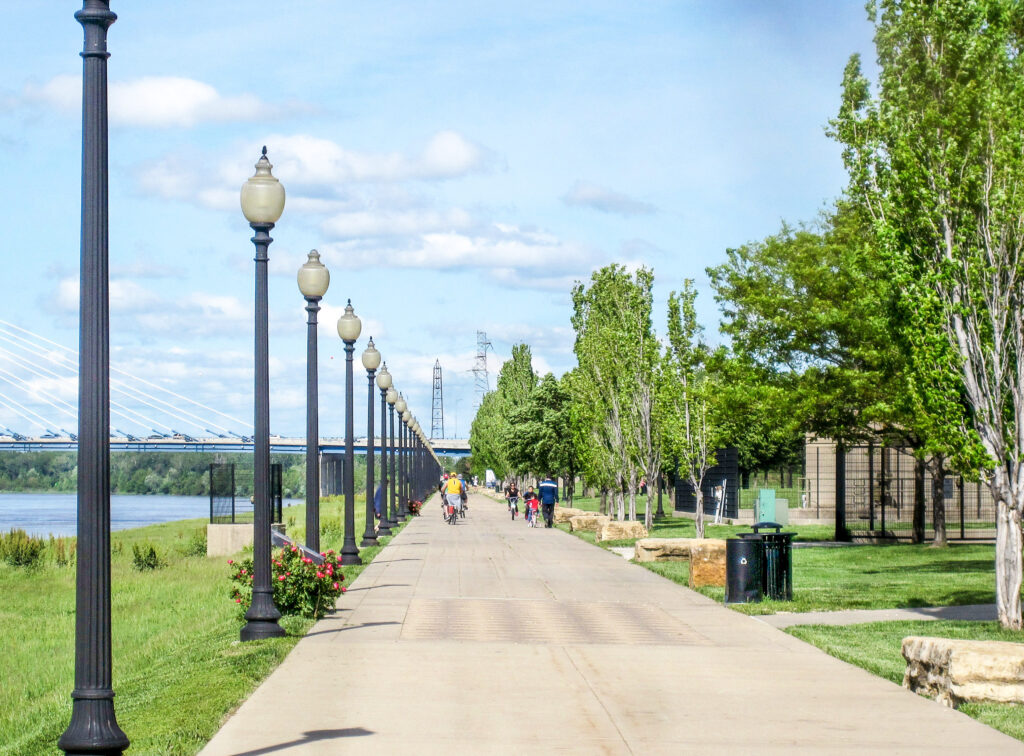
Strategic Planning for Digital Inclusion
The City of Los Angeles aims to realize its SmartLA 2028 vision, ensuring equitable access to technology, economic opportunities, and public services. The initiative acknowledges the digital disparities prevalent in the city, particularly affecting marginalized communities. To address this, the Mayor’s Office collaborates with FUSE to develop a comprehensive Digital... Read more

Business Intelligence for Sustainable Community Revitalization
In response to the pervasive issues of blighted properties affecting neighborhoods and economies, the City of Cleveland is embarking on a transformative initiative. With 30% of the city’s land in public hands, the aim is to convert vacant brownfields into accessible jobs, capitalizing on Cleveland’s industrial heritage. FUSE Executive Fellow... Read more

Economic Assessment of Extreme Heat Toolkit
In response to the escalating urban heat crisis in Los Angeles exacerbated by climate change, the City, in collaboration with FUSE, is implementing the Extreme Heat Toolkit. The project addresses the disproportionate impact of heat waves on marginalized neighborhoods. The initiative, led by StreetsLA, involves a comprehensive cost-benefit analysis of... Read more

Equitable Redevelopment of Public Green Spaces
The City of Los Angeles embarked on the LA River Revitalization Master Plan in 2007, transforming the Los Angeles River into a vibrant and accessible space. The 100 Acre Partnership, a collaboration between the City, California Department of Parks and Recreation, and the Mountains Recreation and Conservation Authority, focuses on... Read more

Curbing Commercial Energy Use Through Equitable Legislation Design
New Orleans is committed to reducing greenhouse gas emissions and improving building energy efficiency. It has successfully reduced energy use in its City buildings and launched the Downtown Energy Challenge. Despite restrictions on regulating natural gas use in private buildings, the City aims to lead by example and encourage others... Read more

Reducing Greenhouse Emissions Through Community Engagement
The Washoe County, NV, community is addressing the negative impacts of climate change and the inequitable effects on vulnerable populations through its "Green Recovery Plan." This plan aims to reduce greenhouse gas emissions and improve air pollution while addressing the public health and economic impacts of the COVID-19 pandemic, especially... Read more

Planning for Climate Resilience and Extreme Weather Events
Travis County, Texas's fifth largest county, faces many climate emergencies and weather hazards. The frequency of 100-degree days has doubled in the last 40 years, and extreme rainfall, flooding, and drought risks have escalated. These climate hazards threaten all residents, particularly low-income families, older adults, and non-English speakers. The county's... Read more

Addressing Extreme Heat Through Urban Forestry
The City of Jacksonville, FL, is experiencing the devastating effects of climate change and urban heat island (UHI), leading to more frequent and intense heat waves. These heat waves significantly threaten public health and infrastructure stability, especially in historically disinvested communities that face intersecting vulnerabilities. Jacksonville is partnering with FUSE... Read more

Strengthening Climate Resilience Through Data-Driven Planning
The Unified Government of Wyandotte County and Kansas City, Kansas (UG) is dedicated to addressing climate risks and developing a resilience plan that protects the citizens of Kansas City, Kansas (KCK) and the built environment. This endeavor requires interdisciplinary and intersectional approaches, including culture change strategies to engage stakeholders who... Read more

Energy Efficiency in Water Utilities
The community strives to address the high energy consumption issue within the Sewerage and Water Board of New Orleans (SWBNO). Despite previous efforts to improve energy efficiency, there is still untapped potential for energy savings within SWBNO's facilities. The community is dedicated to reducing energy consumption to operate more cost-effectively... Read more
